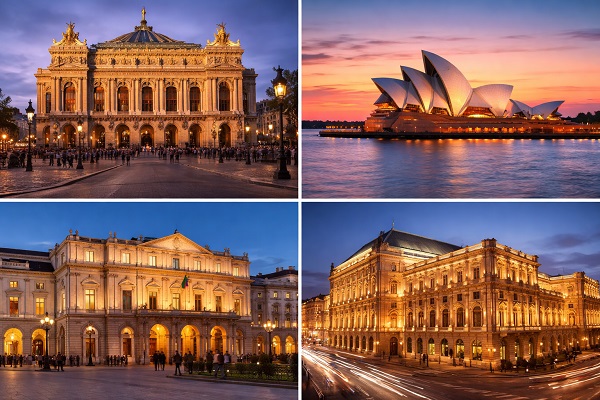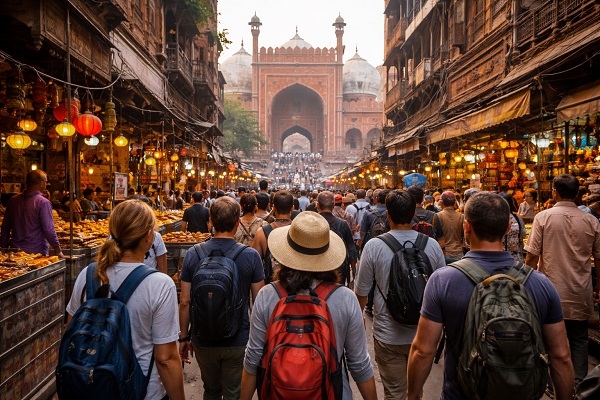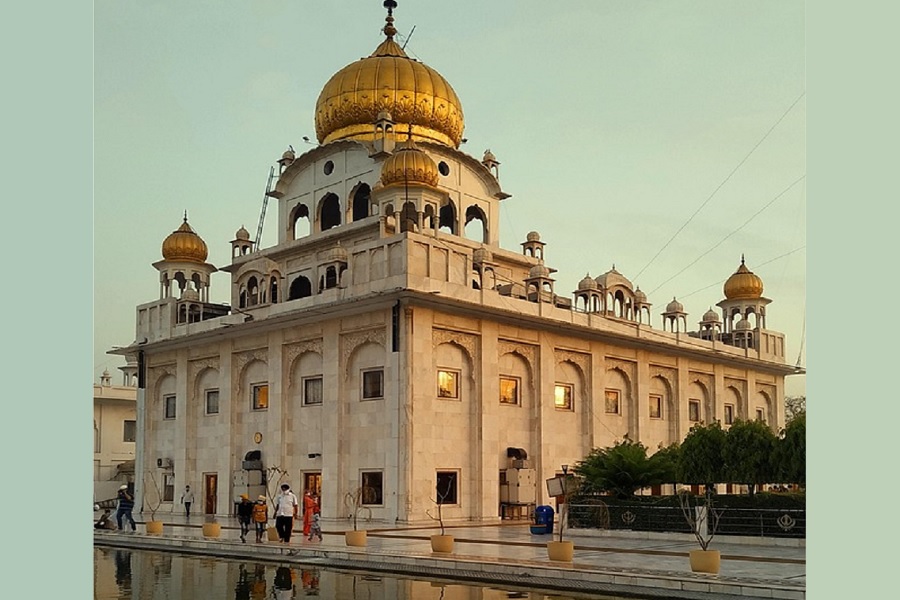Cultural Tourism: A Journey into Heritage and Traditions

In an increasingly globalized world, cultural tourism has become one of the most enriching and popular ways to travel. It offers travelers the unique opportunity to immerse themselves in the history, traditions, art, and way of life of different communities and countries. Unlike typical sightseeing tours, cultural tourism emphasizes authentic experiences that foster understanding and appreciation of diverse cultures.
What is Cultural Tourism?
Cultural tourism involves traveling to destinations with the primary goal of experiencing and learning about the cultural heritage, customs, arts, and history of a place. This form of tourism encourages visitors to engage deeply with local cultures through museums, historic sites, festivals, cuisine, traditional performances, crafts, and everyday life.
Why Choose Cultural Tourism?
Educational Experience: It broadens your knowledge about different peoples, their histories, beliefs, and ways of living.
Preserving Heritage: By supporting cultural tourism, travelers help sustain traditional crafts, monuments, and customs that might otherwise fade away.
Authentic Connections: Meeting locals and participating in their traditions builds genuine human connections beyond the surface.
Meaningful Travel: Cultural tourism often leads to personal growth, empathy, and a better global perspective.
Popular Cultural Tourism Activities
Visiting Historical Monuments: Exploring ancient ruins, palaces, temples, and castles.
Experiencing Local Festivals: Participating in celebrations like Diwali in India, Carnival in Brazil, or the Day of the Dead in Mexico.
Sampling Traditional Cuisine: Tasting authentic local dishes and learning about their cultural significance.
Watching Folk Performances: Enjoying traditional dance, music, and theater that reflect the region’s heritage.
Learning Local Crafts: Trying your hand at pottery, weaving, painting, or other artisanal crafts.
Exploring Museums and Galleries: Viewing art, artifacts, and exhibitions that tell the story of a culture.
Top Destinations for Cultural Tourism
Rome, Italy: The cradle of ancient civilization with landmarks like the Colosseum and Vatican City.
Kyoto, Japan: Renowned for its temples, tea ceremonies, and traditional geisha culture.
Marrakech, Morocco: Famous for vibrant souks, historic medinas, and Berber traditions.
Varanasi, India: One of the world’s oldest continuously inhabited cities with deep spiritual significance.
Istanbul, Turkey: A city where East meets West, rich in Byzantine and Ottoman heritage.
Tips for Enjoying Cultural Tourism Respectfully
Research Before You Go: Learn about local customs, etiquette, and dress codes to show respect.
Support Local Communities: Buy crafts and products directly from artisans and small businesses.
Be Open-Minded: Embrace differences and avoid making quick judgments.
Engage Locals: Ask questions and listen to their stories to gain deeper insights.
Respect Sacred Places: Follow rules in religious sites and seek permission before photographing people.
The Impact of Cultural Tourism
When done responsibly, cultural tourism can drive economic development, promote cultural exchange, and foster global peace. It encourages preservation efforts and creates pride within communities, enabling traditions to thrive in a modern world.























